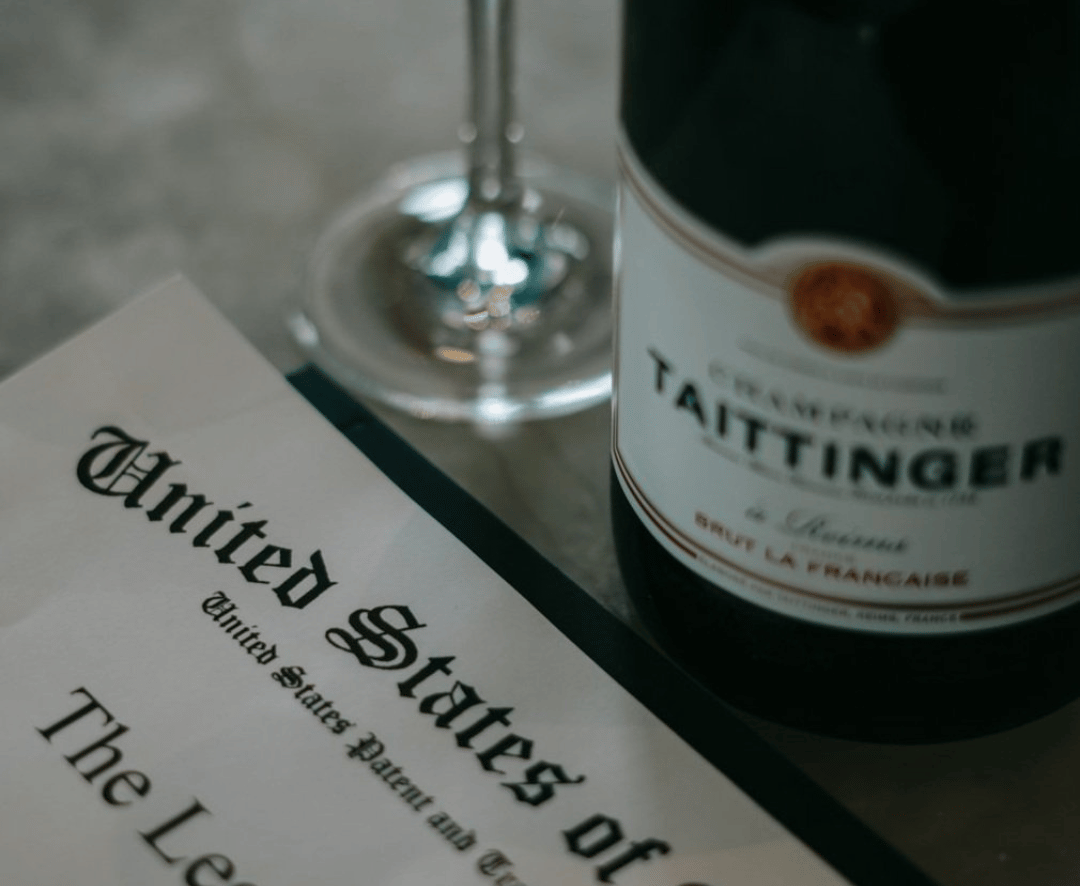For Brands That Break the Mold
expert flat-fee trademark services
We specialize in one thing: helping YOU become a powerful & protected brand through comprehensive trademark registration and intellectual property protection services.
Expect the Best
350+
Applications Filed
13+
Countries Represented
Over 90%
Success Rate
126 days faster
than the global average
Behind Every Success is a Dedicated Team
All data from USPTO & Huski.ai, Attorney Profile Data Identified by Big Data and AI - 2023
When you protect your brand with trademarks, you don’t just gain security, you gain confidence. You show up differently. You market more boldly. You sell without second-guessing.
TWIST Law offers full-service trademark filing packages along with a variety of trademark services designed to ensure one thing: YOUR BRAND IS UNSTOPPABLE
Services Tailored to Each Level of Your Business

TRADEMARK PACKAGE
Our signature full-service trademark package for business owners that are ready to protect their brand - like yesterday

VIP DAYS
Let's get together in a dreamy location, dive deep into your brand and get you protected - and fast.

OTHER SERVICES
We also offer international trademark filings to expand your brand's strength, trademark renewals, infringement and other services.
Expect the Best from TWIST
350+
Applications Filed
13+
Countries Represented
Over 90%
Success Rate
126 days faster
than the global average
Behind Every Success is a Dedicated Team
All data from USPTO & Huski.ai, Attorney Profile Data Identified by Big Data and AI - 2023
Your brand is more than just a name or logo.
Why It Matters
It’s your reputation, your hard work, and your business’s identity. A federally registered trademark gives you the exclusive rights to your brand name, logo, or slogan, ensuring that no one else can use or profit from it.
At TWIST Law, we help entrepreneurs and business owners secure their trademarks the right way, so they can build and grow with confidence.
With a registered trademark, you can:
Protect it from copycats and competitors
Gain nationwide legal ownership of your name, logo, or slogan
Increase the value of your business for potential investors or buyers
Prevent costly legal battles over name disputes
Build brand trust with customers who recognize your mark


MEET THE FOUNDER & CEO
Sarah Waldbuesser, Esq.
Meet Sarah, Founder of TWIST and sister company Destination Legal. A world-traveling, wine-loving bougie mama and trademark attorney with 20 years of experience, TWIST Law values excellent client service, communication, and a side of spiciness (we are NOT your average law firm).
With TWIST™, you’re not just getting legal advice, you’re partnering with a team who understands the intricacies of business trademark needs and are committed to your brand’s success.
Whether you’re in need of a thorough trademark search, filing a trademark application, or require assistance with trademark renewal and portfolio management, our expertise ensures your brand is protected against trademark infringement and remains strong in the marketplace.
WHAT OUR CLIENTS are saying …

“Sarah is a busy entrepreneur’s legal dream and secret weapon. She has helped me secure multiple trademarks for my business and the process was a breeze. I filled out a quick form and a few months later I had a trademark certificate in my mailbox! She handles the entire process for you with white glove service and absolute genius expertise.”

“We loved how Sarah walked us through the whole trademarking process and we didn't have to worry about all of the paperwork and follow ups.
I don't know if we ever would've gotten around to it ourselves unless we hired her to handle everything – it was so easy! We have peace of mind and so much pride to see our brand trademarked and we're so thankful.”

“Working with Sarah to get our company name and products trademarked couldn't have been an easier process if we tried.
All I had to do was ask Sarah for a trademark and she handled all the rest of the details with impeccable communication throughout the process.
We've been able to secure 3 trademarks successfully by working with Sarah. Her legal expertise shone through whenever an obstacle popped up during the process and we easily landed all our requested trademarks.
Receiving trademarks has given us the security of knowing that our company name and product names are protected as we continue to grow and build brand recognition for our company under those names.”

“Getting my trademark with Sarah was one of the best decisions I've made in my business.
The process was so easy and stress free, not to mention it was so empowering to know I had the right support on my side and that I didn't have to navigate it on my own. I had heard horror stories and knew I wanted to protect myself and make sure the process went well.
Having my trademarks has helped me to see that when I own my property my clients and community reflect that to me and treat me as the expert as I am and want to buy from me with even greater ease and certainty.
Not only did the process go well, but I feel like a true CEO having my business name protected and the peace of mind it has given me has been priceless. If you're thinking about trademarking I couldn't recommend Sarah enough!”
Securing a trademark isn’t just legal hoopla - it’s about protecting your brand with smart AF strategy.
Copyright © 2025 Destination Legal LLC DBA TWIST LAW. All Rights Reserved. | PAST RESULTS DO NOT GUARANTEE A SIMILAR OUTCOME. ATTORNEY ADVERTISING



